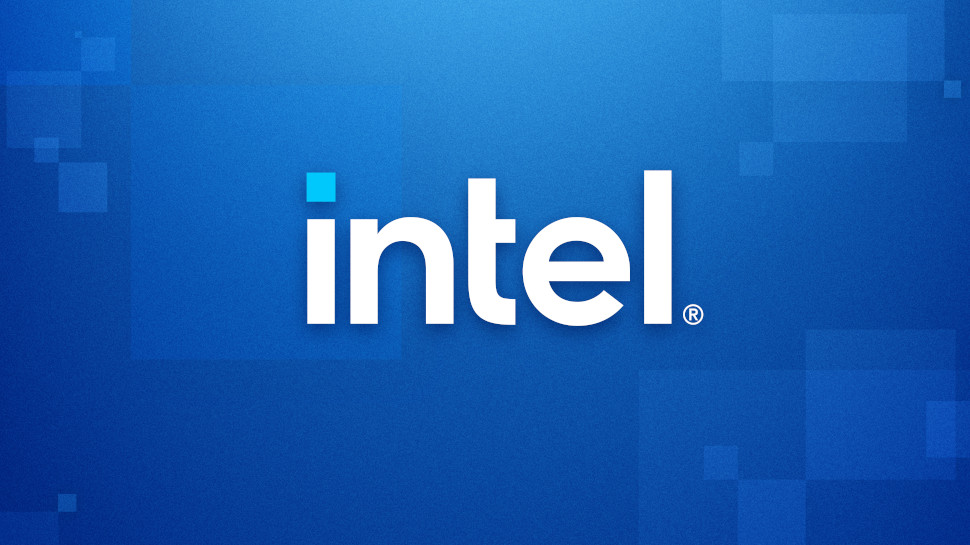Intel is working on a new type of processor you've never heard of
Meet the versatile processing unit (VPU)

Intel has let slip information about a new type of processor soon to make its way into the company’s portfolio: the versatile processing unit, or VPU.
Although no formal announcement has been made, written materials published by Intel alongside a new Linux driver confirmed the existence of the processor, which is designed to accelerate AI inference workloads.
According to the documentation, the VPU will feature inside Intel’s 14th Gen Core CPUs (also known as Meteor Lake) and will improve inference performance across “computer vision and deep learning applications”. It is most likely the brainchild of the team behind Movidius, an AI acceleration company acquired by Intel in 2016.
TechRadar Pro asked Intel for further details, but did not receive an immediate response.
Accelerating AI
With rivals like Nvidia fighting to establish themselves as the leading chip maker of the AI era, Intel will be thinking hard about how to demonstrate its own credentials in the space.
Broadly speaking, there are two types of AI workload: training and inference. The former refers to the use of large-scale datasets to develop AI applications with specific capabilities, while the latter refers to the feeding of new data into these systems to generate a result.
As a product of the amount of data involved, training is both highly compute-intensive and highly time-consuming. By contrast, inference needs to be executed almost instantaneously, which means the compute requirements differ significantly.
Sign up to the TechRadar Pro newsletter to get all the top news, opinion, features and guidance your business needs to succeed!
Although details are few and far between, Intel’s new VPU appears to be designed to accelerate interference workloads specifically across client devices. It’s unclear whether the company’s line of server CPUs will benefit from similar technology in future.
With Meteor Lake expected to land in late 2023, the new VPU won’t see the light of day any time soon, but the existence of the chip offers some additional insight into the broader strategy at Intel.
With some of the world’s largest companies (including the likes of Apple) finding that custom silicon designed specifically for in-house configurations can provide marked performance improvements over general-purpose chips from Intel or AMD, the chipmakers need to find a way to remain competitive.
One option would be to broaden the portfolio with specialist SKUs packing additional accelerators and co-processors designed to boost performance across target workloads.
- These are the best workstations and mobile workstations on the market right now
Via Phoronix, Tom's Hardware

Joel Khalili is the News and Features Editor at TechRadar Pro, covering cybersecurity, data privacy, cloud, AI, blockchain, internet infrastructure, 5G, data storage and computing. He's responsible for curating our news content, as well as commissioning and producing features on the technologies that are transforming the way the world does business.